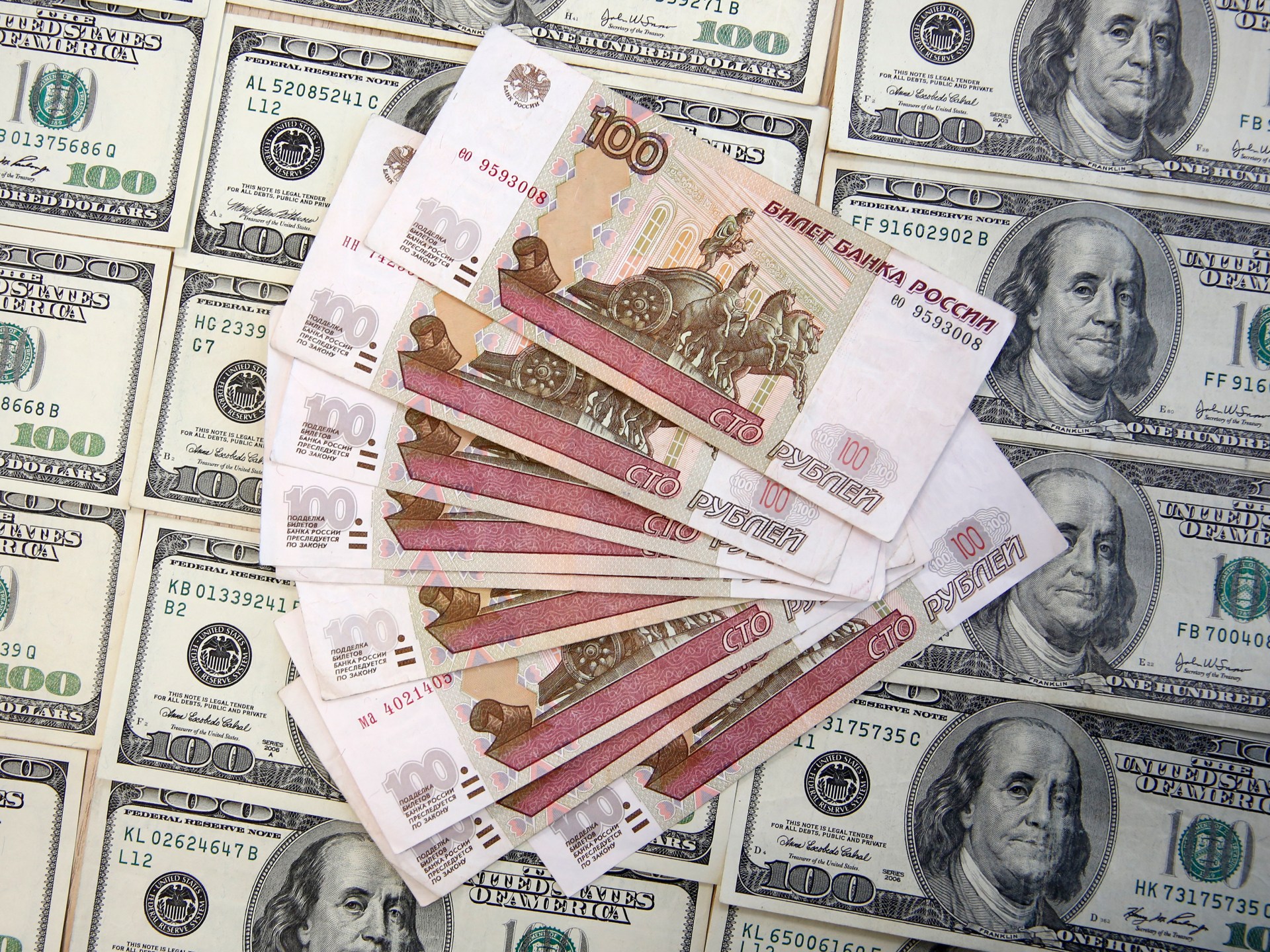The American magazine "Foreign Affairs"
published an article
on the Russian economy and whether Western sanctions, 6 months after the Ukrainian war, had the harsh effects on it that the sanctions architects had promised.
The article, written by Chris Miller, director of the Eurasia Program at the Foreign Policy Research Institute in Washington, stated that the performance of the Russian economy, according to estimates by international observers such as the International Monetary Fund, is better than expected due to Russia's brilliantly crafted technocratic policies, as well as global energy markets. Which kept oil and gas prices high due to weak supply.
However, the outperformance of the Russian economy must be put into context. Few observers and policymakers expected the sanctions to cause enough pain to force Russia out of conflict within months, so Russia's ongoing war should come as no surprise. .
still hurt
Despite this, the Russian economy continues to suffer;
It continues to experience a slowdown in growth even more severe than during the 2008 financial crisis, when a post-crisis recovery is unlikely to follow.
The article included a lot of data on living standards and the overall economy, saying that the government provides subsidies in terms of livelihood, but that this will not last long.
Macroeconomic indicators showed a contraction of gross domestic product, a decrease in industrial production, by rates not exceeding 5%, a decrease in inflation from 18% in March to 15% currently, and a decrease in monthly wages by about 6% compared to last year.
He added that the raw materials sector was slightly affected, and this was not surprising given the high prices, and because the Western sanctions were designed to keep most commodities flowing freely, including oil.
stable export earnings
The latest monthly data released by the Russian government on its revenue from taxing oil;
She points out that the country earns roughly the same amount of export earnings as it did in January.
By contrast, natural gas export revenues plummeted after the Kremlin restricted its sale to Europe, and these revenues are far less important to Russia than oil exports.
In contrast to the Russian energy industry, the writer says, "The rest of the country's industrial sector has been hit hard, and among the hardest-hit sectors are cars, trucks, locomotives and fiber-optic cables, each of which has fallen by more than half."
In other sectors less vulnerable to foreign ownership or complex supply chains - such as textiles or the food industry - production has remained flat, or in some cases increased, compared to last year.
It has become increasingly difficult to analyze the Russian government's finances now that the Kremlin has stopped disclosing details about spending, possibly to hide the costs of the war.
In April - Russia's last month to release detailed data - defense spending increased over the year by 40%.
Increasing costs of war
In addition to high salaries and operating costs to finance the attack on Ukraine, the Kremlin will also need to allocate significant future resources to rebuilding its vast stockpile of equipment damaged or destroyed on Ukrainian battlefields.
The costs of the war are increasing, not only to the balance sheet of the central government, but also to the regional governments, who are required to mobilize volunteer battalions.
Chris Miller said the Kremlin is right in its insistence on the stability of the Russian economy: Russian banks can pay their debts, most industries are operating as usual, the vital energy sector continues to pump oil, and there is plenty of food on store shelves.
And if there is a shortage of luxury cars, production of cars and washing machines will be much less than expected, so consumers will postpone big purchases as much as possible;
However, the optimistic scenario of the Kremlin is for the Russians to tighten their belts and get on with their affairs.
However, the costs of war and sanctions are increasing, even if the initial impact is less dramatic than what the West hoped or Russia feared.
For now, Russia's leaders are happy to have survived six months of Western sanctions.
Next year, however, Russian industry will struggle to adapt to a world free of imported Western components.
Miller concluded his article by saying, "Unless there is a rise in oil prices, the Russian government will face a difficult differentiation between continuing social spending and bearing budget deficits and high inflation, and the Russian economy will not collapse in a way that forces the Kremlin to stop its war efforts. Meanwhile, the country faces, A severe stagnation, prolonged toil from declining living standards, and little hope of a quick recovery."

